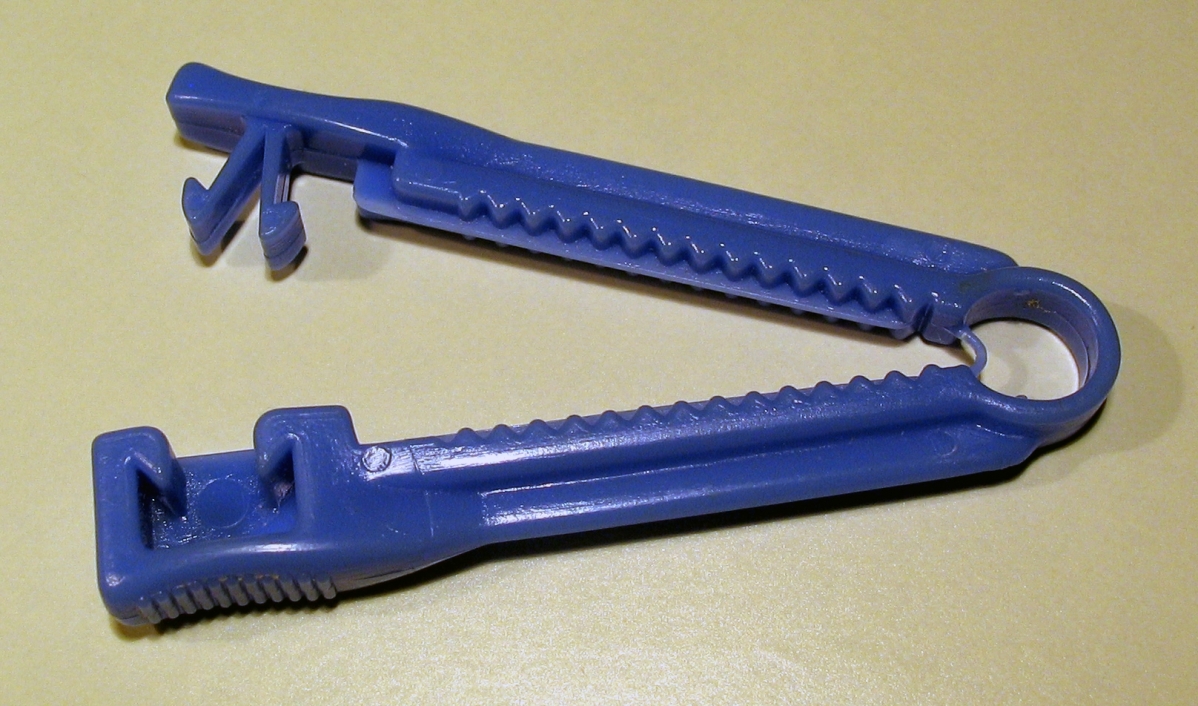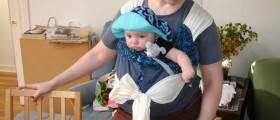Clamping and cutting the umbilical cord typically happens within moments of a baby's birth. Congratulations, it's a boy/girl, and here are some scissors so the new dad can cut that cord... But is severing the umbilical cord the in the baby's best interest? Why do some obstetricians advocate delayed cord clamping after birth?

There have been several studies in recent years, pointing to the benefits of delayed cord clamping even waiting for just one minute to sever the umbilical cord gives a newborn more iron and reduces the risk that she will need a blood transfusion. Did you know that around a third of the blood volume of a fetus is present within the placenta at any given time? Delaying the severing of the cord allows some more of that blood to get to the baby. Delayed umbilical cord clamping also allows the newborn baby the chance of receiving oxygen from the cord, which is helpful when the baby has some breathing difficulties or is "slow to start".
So, why do so many hospitals practice immediate cord clamping, and why do some doctors even think that waiting is dangerous? British OB Dr David Hutchon explains:Most textbooks with physiological descriptions of transition at birth state or imply that the cord circulation closes because of the application of the cord clamp. (Gray's Anatomy is an exception.) Physiology is a description of the normal functioning of the body. Whether or not the timing of cord clamping has any effect on the health of the baby or the mother is irrelevant as to what constitutes a true physiological description. Such a distorted teaching of physiology may well account for the entrenched belief that delayed cord clamping is the intervention and may explain the apparent resistance of clinicians to follow the evidence.
Immediate cord clamping is, in other words, unnecessary and not beneficial. The only "risk" associated with delayed cord clamping is an increased chance of jaundice, which generally disappears within itself and isn't dangerous. If you are interested in giving your newborn the benefit of staying attached to her cord for just a while longer, talk to your healthcare provider about it before labor and delivery.
- www.who.int/elena/titles/cord_clamping/en/
- www.who.int/elena/titles/full_recommendations/cord_clamping/en/
- Photo courtesy of Roger McLassus by Wikimedia Commons: commons.wikimedia.org/wiki/File:Umbical_cord_clamp_2005.jpg
















Your thoughts on this
Loading...